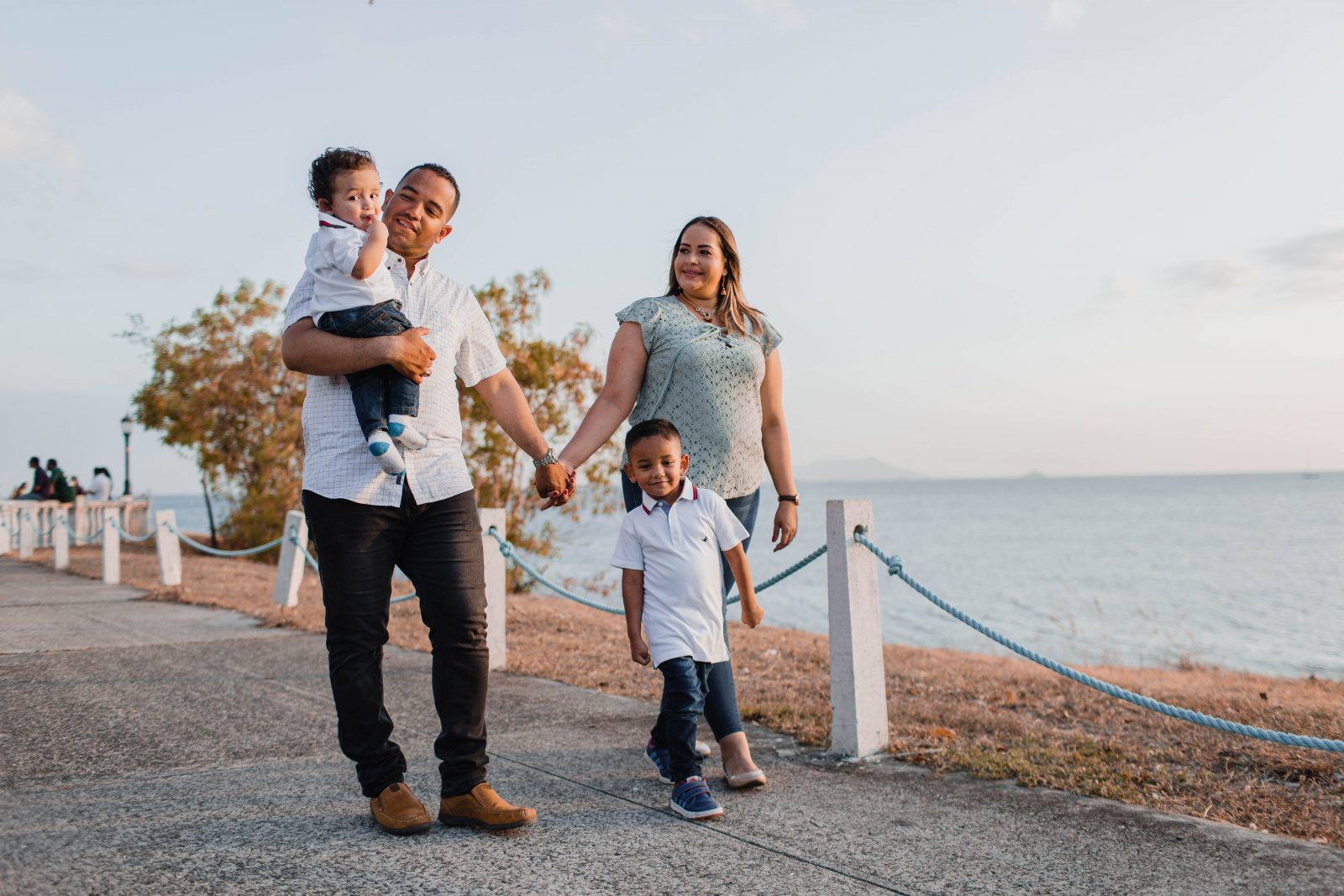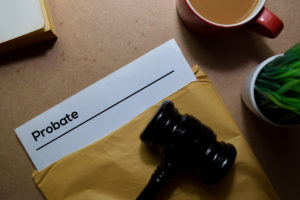Over the past few years, we’ve all read headlines about celebrities not having a will in place before they passed away. Aretha Franklin, Prince, even John Wayne have all undergone the painful and expensive court process known as probate. These stories actually serve as powerful conversation starters for people reviewing their own situations. Have you really thought critically about your own estate planning? Do you have a grasp on what this truly means for you and your family? Do you want to know about the 4 burning questions about estate planning?
More often than not, those with whom I speak are unsure where to start. They believe that they “sound stupid” by asking simple but important questions. In reality, you should be asking these questions and they are not stupid! Self-examination and confirmation from a professional are essential to figuring out why an estate plan is right for you.
Unless you’ve dealt with a similar situation before, it can be daunting to navigate through this process. To mitigate any hesitation you may feel, I want to focus on the 4 burning questions about estate planning that virtually every person asks me.
Burning Question #1 – Who needs an estate plan?
By far, this is the most common question I get asked as an estate planning attorney. To get straight to the point – everyone needs an estate plan.
While seemingly general, this inquiry is often the most misunderstood. Your age, health situation, size of assets, and wishes are all important factors for choosing the right estate plan.
If you have a modest estate with specific recipients of your assets in mind, a basic living trust with a pour-over will along with a financial and healthcare power of attorney are sufficient. If you have an estate larger than this, however, you just might need to do some income and estate tax planning.
“But I don’t have significant assets!” or “I don’t have anyone I want to leave my assets to!” are the common responses I get to this burning question. I’d like to give some examples of what are generally considered significant assets, and if you have one or more of these, I would urge you strongly to get an estate plan:
- Own a home
- Antiques or priceless family heirlooms
- A vehicle (car, boat, jet ski, etc.)
- Everyday checking or savings accounts
And for those who may not have someone specific they’d want to pass their assets on to after their passing, you should consider that one of the recipients will be the government.
Burning Question #2 – When should I get an estate plan?
I believe there are some critical life events that will help you decide when the time is right to set up an estate plan. These are:
- Getting married
- Having children
- Buying a house or another significant asset
- When there is a death in the family
Don’t mistake this as “wait until one of these events to happen to get or update an estate plan”. These are just the most common triggers for people to be extra thoughtful, but pursuant to Burning Question #1 of the 4 burning questions about estate planning, people shouldn’t put off protecting their assets.
While an estate plan may not be the first thing you think about after getting married or throwing a housewarming party, it should be one of the immediate next steps. You worked so hard to get to these points of celebration, don’t get blindsided by an unexpected event that can turn your world upside-down.
Burning Question #3 – Ok, so I need an estate plan. But what’s the difference between a will and a trust?
This is usually where people have difficulty understanding the details of estate planning. A living trust is a legal document in which you can name a trustee to manage your assets in the event you become incapacitated. Once you have a trust set up, it is important to transfer the title of your home, bank accounts, investments and other assets into the name of your trust.
Everyone who has a trust also needs to set up a pour-over will. The purpose of the pour-over will is in the event you forget to place an asset into your trust, the will states that you intend for all your assets to be transferred into your trust. This way, upon your passing, even if you forget to put an asset into your trust, that asset will not go through probate.
It is important to note that the pour-over will only covers assets that are worth less than $150,000 (this is the probate limit in California). This means that if you forget to transfer a savings account worth $300,000 into your trust (assuming this account doesn’t have a joint owner or a pay-on-death beneficiary), this account will go through the probate process before it can be transferred to your loved ones.
Burning Question #4 – Do I need an estate planning attorney?
Now that we’ve spoken a little more about the estate planning process, the next step is to execute it. To do so safely and efficiently, it’s important that you have an attorney personalize and prepare the documents.
Many online services let you establish these documents by yourself, but they do not fully comprehend your personal situation. If you want to ensure that all of your assets are properly protected, you should have an attorney specialized in estate planning set up your plans.
Resolving the 4 Burning Questions about Estate Planning
As you can see, estate plans can be powerful tools to protect assets and make sure they are handled with care after your passing. Along with various other tools in the chest, you can feel confident knowing that these strategies can help you and your family take care of your assets for years to come.







